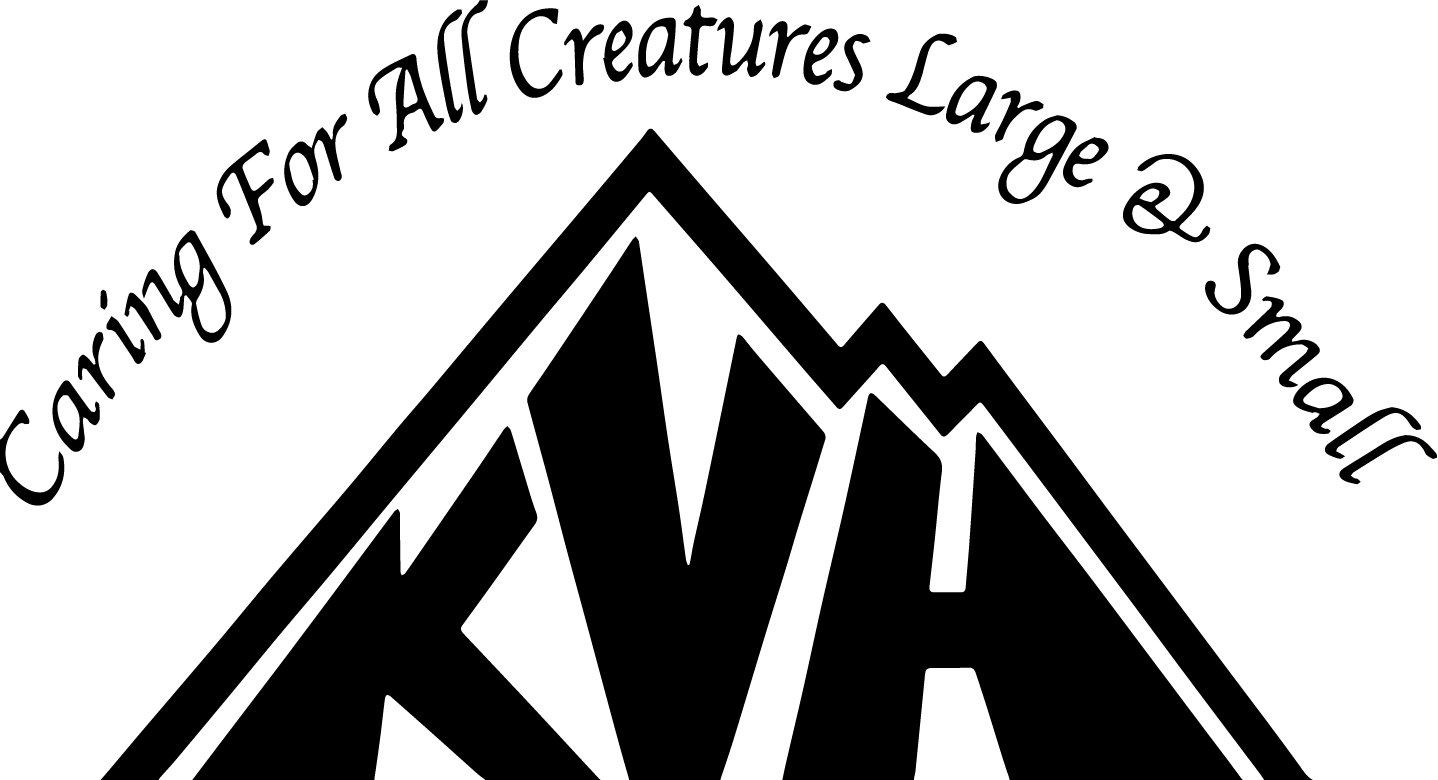By Caitlin Kline, DVM
Biosecurity is often overlooked, but it’s one of the most important aspects of raising healthy livestock. Biosecurity consists of preventing infectious germs from being carried to and from your property by people, animals, equipment, feed, vehicles, or insects. Consider these tips to help reduce the risk of a disease outbreak on your farm or facility:
- Isolation/Separation:
- One of the greatest biosecurity risks is introducing a new animal into your herd. With new animals come added stressors and possibly new disease-causing bugs. Use caution when purchasing new additions, and do your research before bringing them home.
- If possible, find out the vaccination history, deworming, and health status of the animal(s) you plan on purchasing as well as the animal group they are coming from. Better yet, have a KVH veterinarian inspect the animal(s) before purchase.
- A good rule of thumb is to isolate any new introductions in an area away from your current animals for at least 30 days, and care for new introductions last to reduce the risk of disease spread.
- Other ways to reduce risk in an established group is to separate animals based on age, production group, or use; as well as immediately isolate sick animals from the rest of the herd. This may help slow down or even prevent spread of disease.
- Traffic control:
- Reduce the number of visitors and vehicles at your facility. Ask guests to wear disposable boot covers. Ask frequent visitors and employees to leave their new/ sanitized boots to wear only at your facility.
- Reduce wildlife, stray pets, rodents and birds by securely storing feed and maintaining secure barns, fences and gates.
- Reduce the number of animals coming and going from your facility. Animals that do leave and return should be isolated similar to new introductions.
- Management/Sanitation:
- Regularly clean and disinfect equipment, pens, and feed/water bowls.
- Maintain health records and keep animals up to date on wellness exams and vaccinations with the help of your veterinarian.
- After interacting with other animals at a fair, friend’s farm, exhibition, petting zoo, auction, etc. wash your hands thoroughly and change your clothes before returning to your own animals. Also be sure to sanitize your vehicles, especially tires, after travelling to places where other animals were present.
- Attempt to prevent manure contamination in feed, water and equipment. Never step in a feed bunk and avoid feeding animals directly on the ground.
Biosecurity may sound daunting, but when put into practice it is a great way to help keep your furry and feathered friends healthy. Biosecurity is not one size fits all, so talk to your veterinarian at KVH to help develop an appropriate biosecurity plan for your facility!

